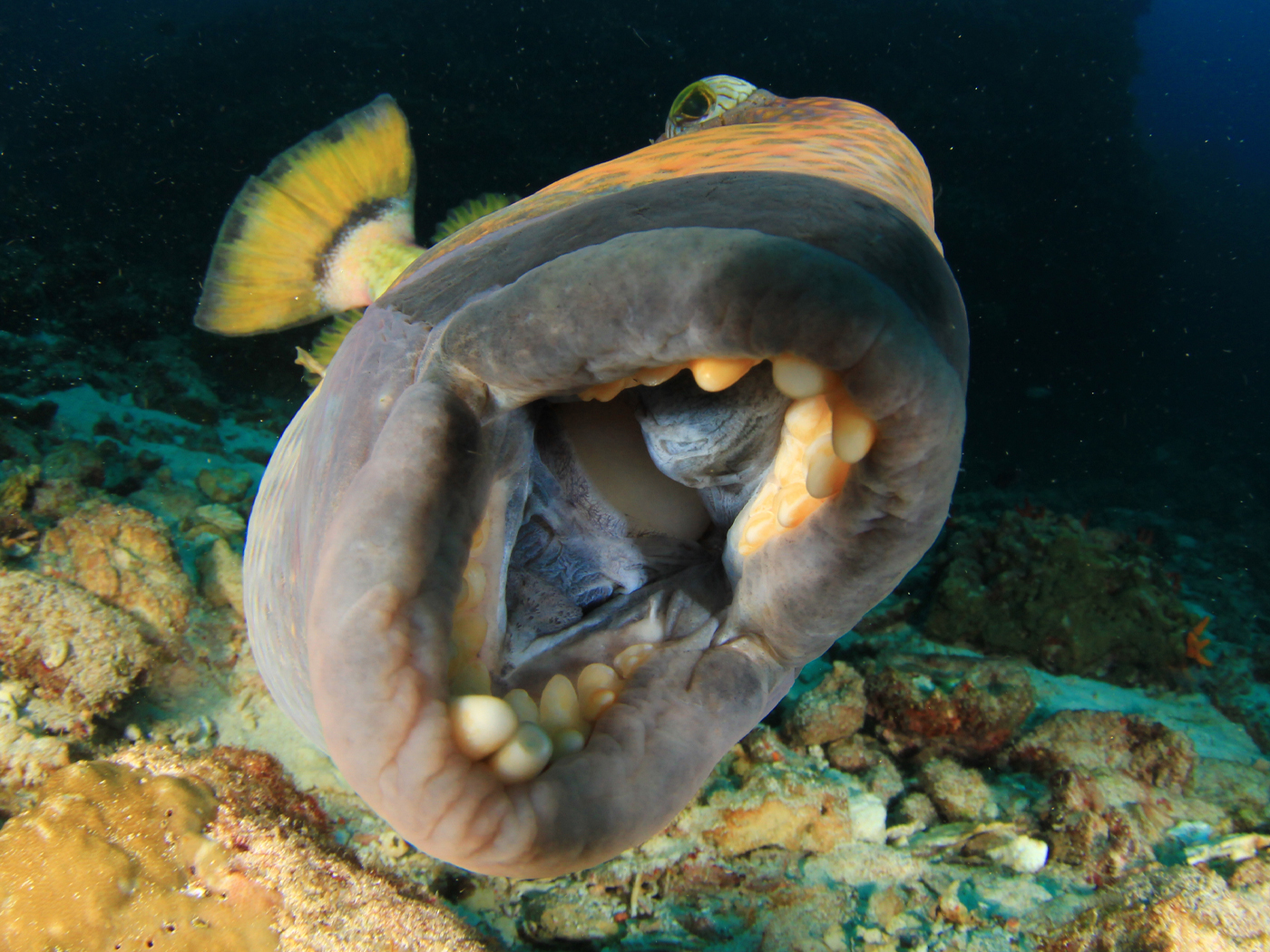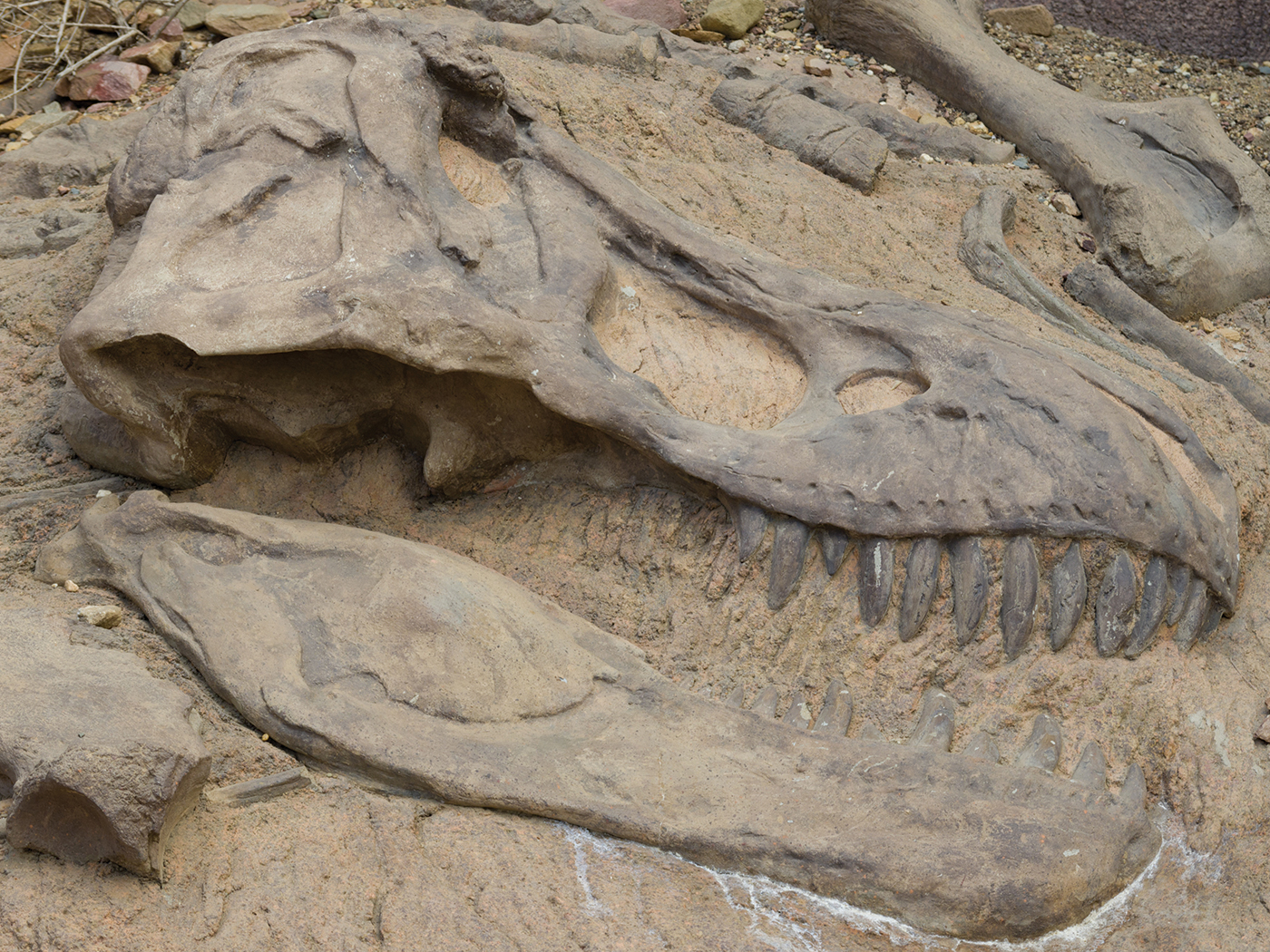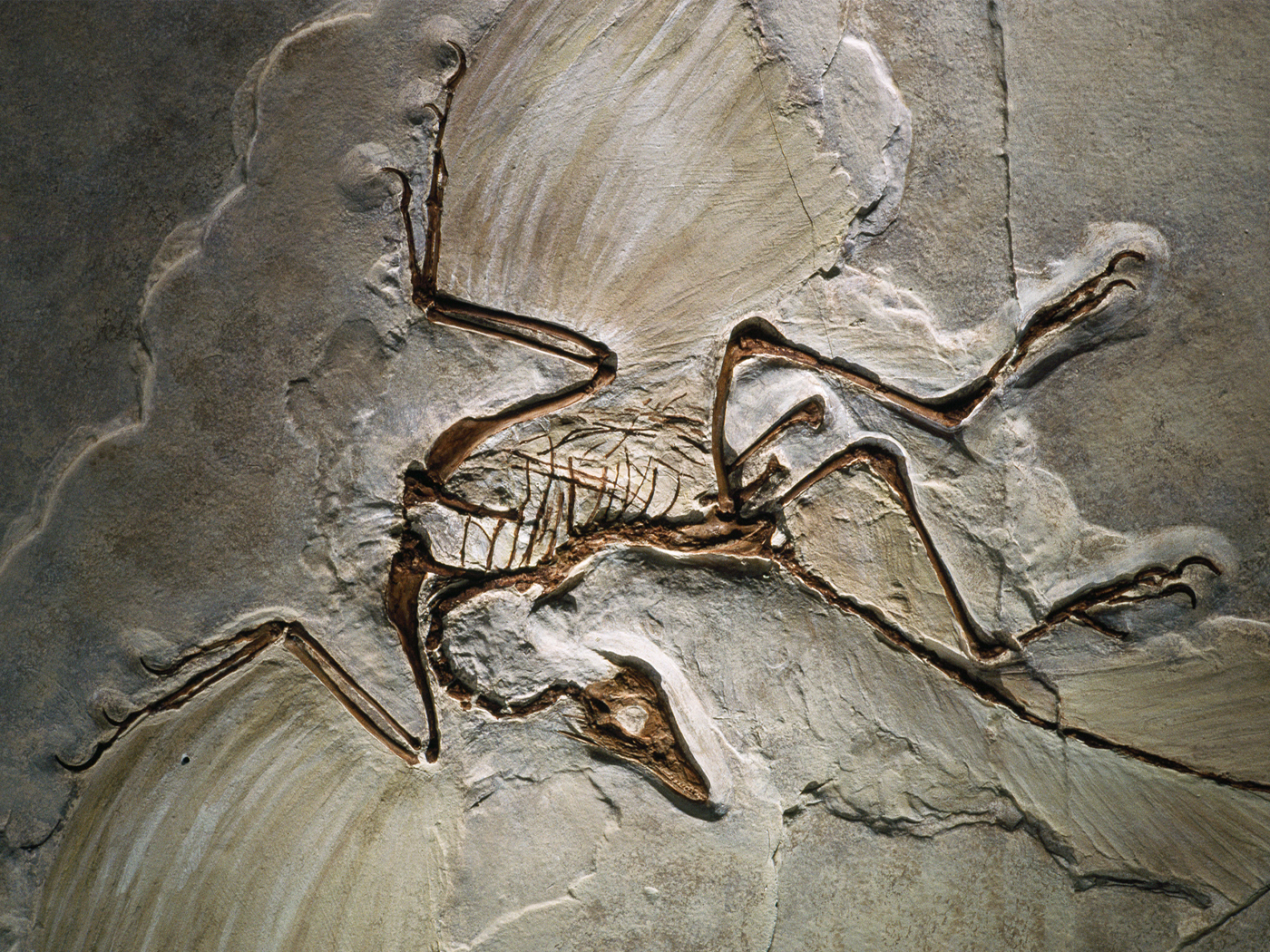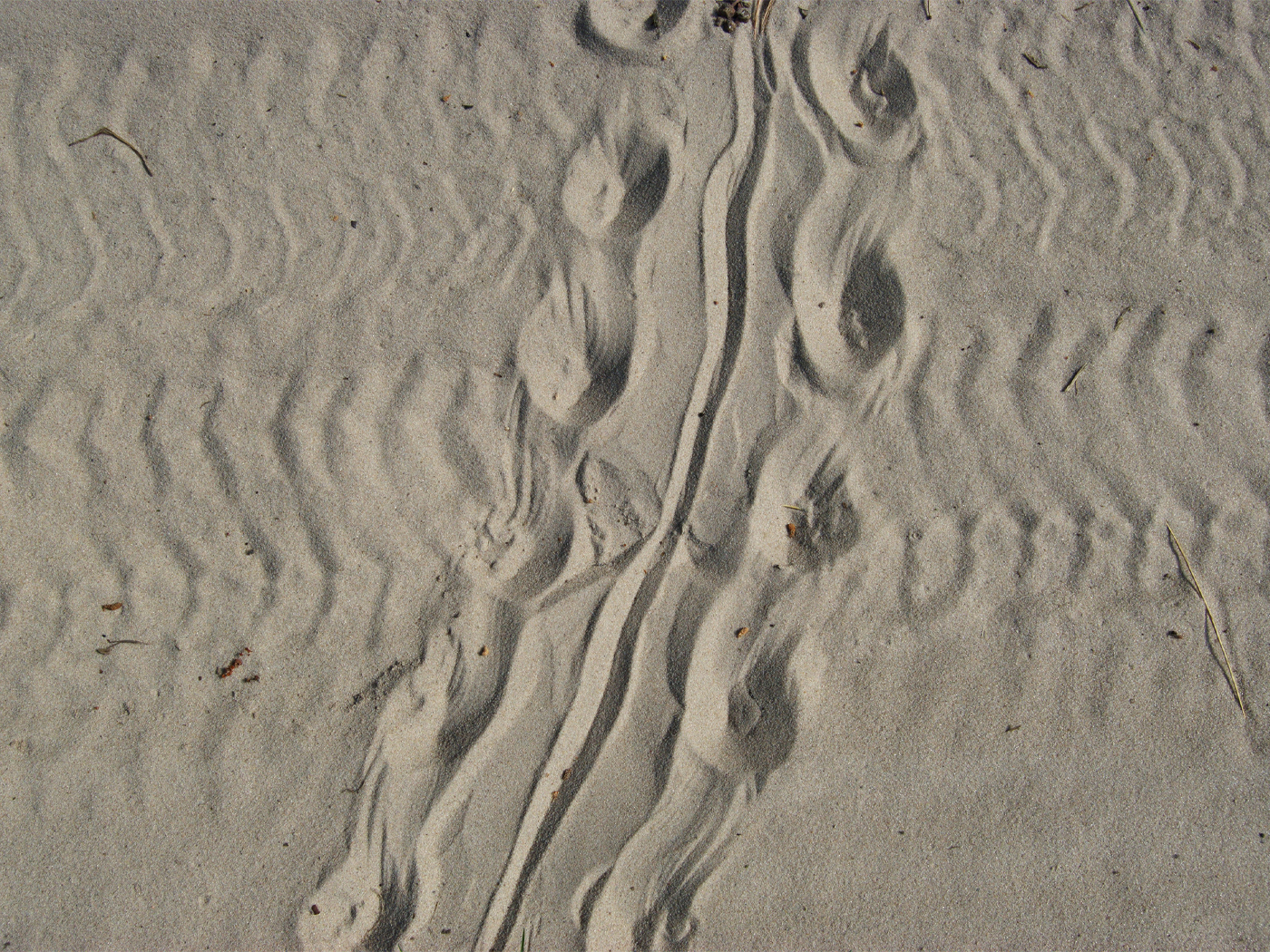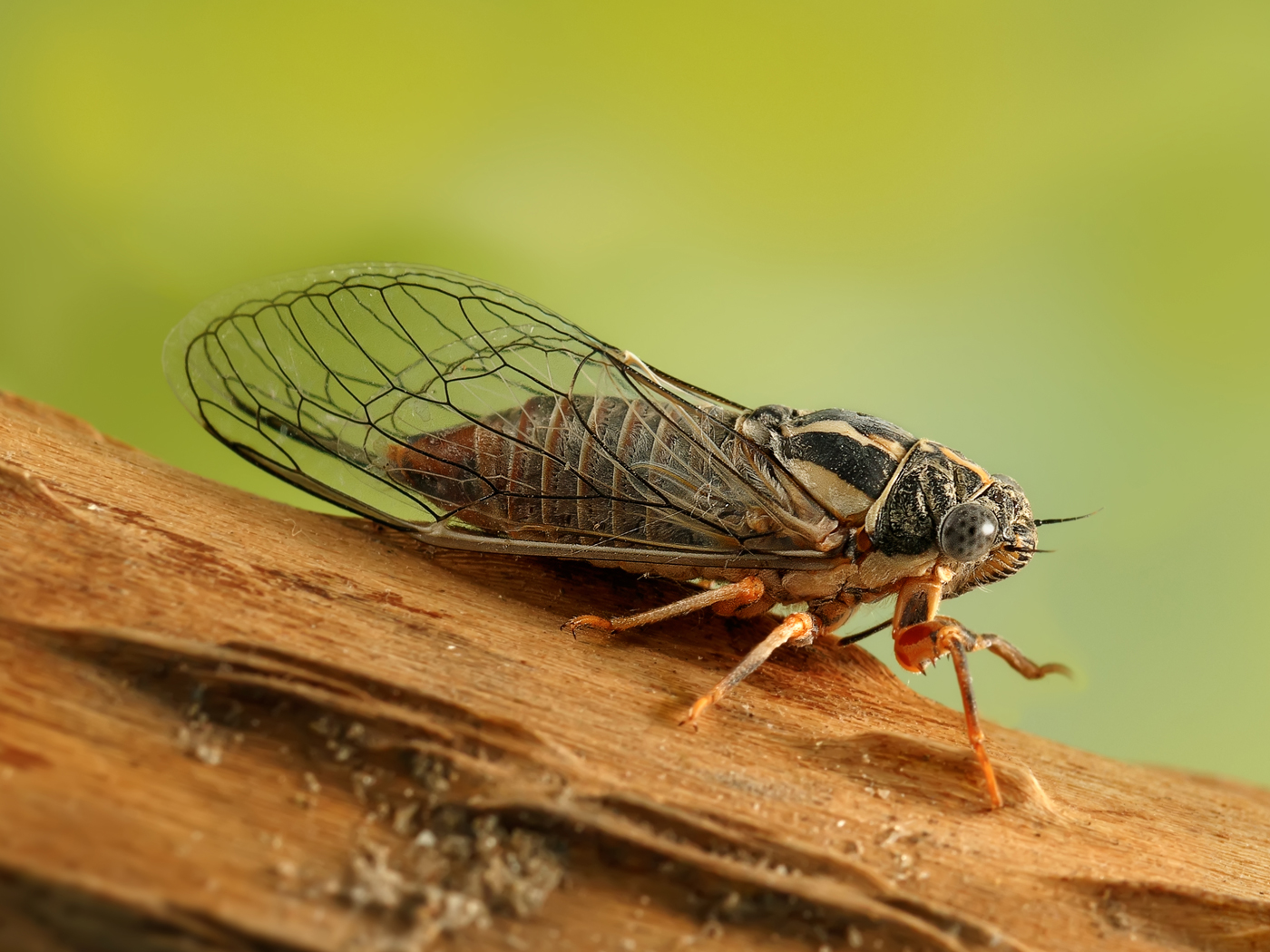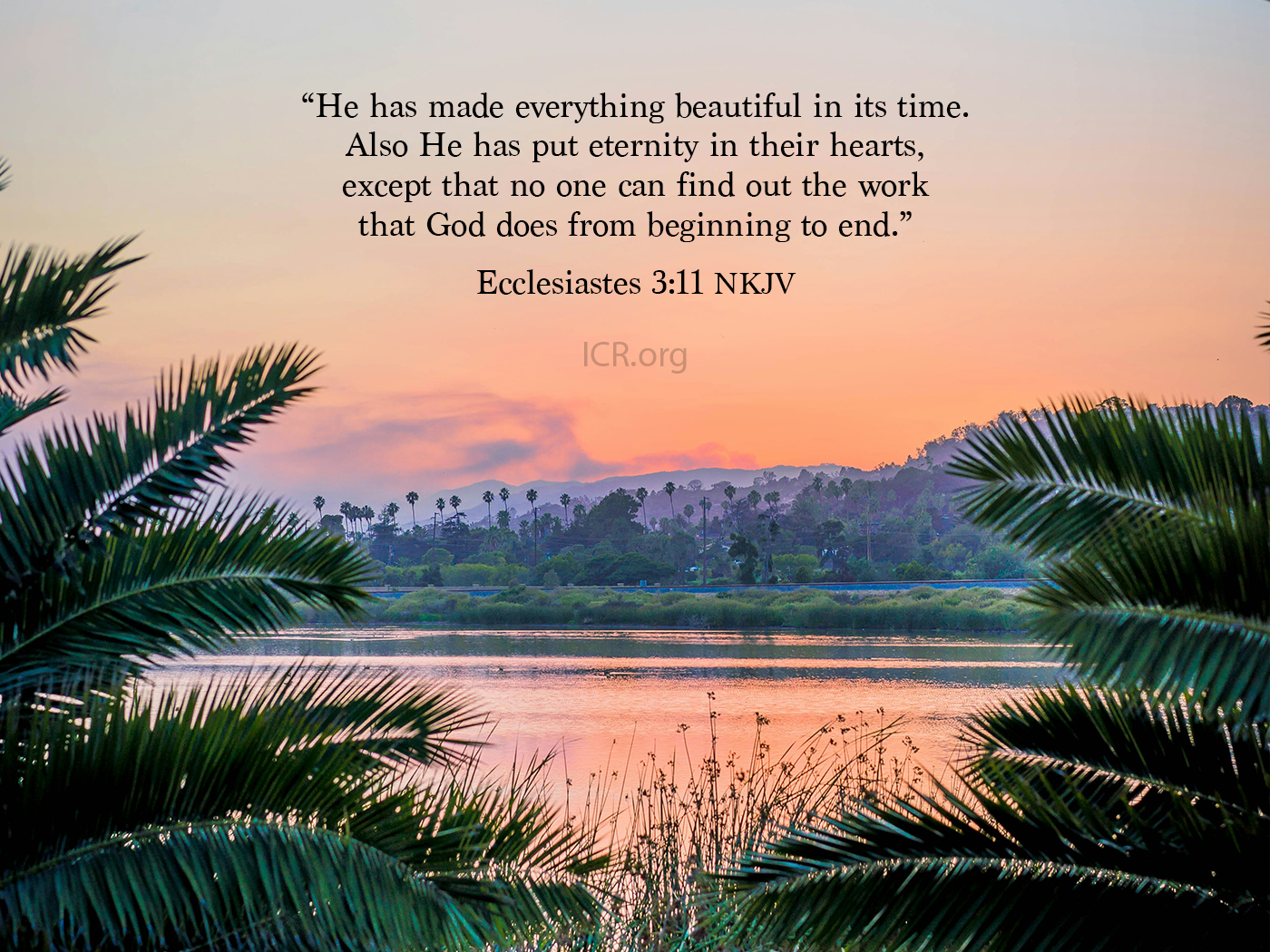"Moreover it is required in stewards, that a man be found faithful" (I Corinthians 4:2).
God's written, historical revelation of truth -- the inspired text of Scripture -- provides a framework for numerous intellectual pursuits and a philosophy for understanding man's role as steward over creation.
In the Genesis Mandate (Genesis 1:26-28), God directed man to "subdue" and "rule" the earth. After the Flood, God amplified this responsibility in His covenant with Noah (Genesis 8:20-9:17), which now extends to all the physical processes within our environment.
That covenant is supernatural, because God is "sustaining" and "preserving" the world (Colossians 1:17; II Peter 3:7). It is also natural, because God promises that "seedtime and harvest, and cold and heat, and summer and winter, and day and night shall not cease" (Genesis 8:22).
Within the confines of the Noahic Covenant, the various disciplines of science find their spheres of research and technological applications. Consider these few insights for the life sciences:
Origin of Life. Biogenesis. Abiotic synthesis of cellular machinery is impossible and life consists of more than just its elemental components.
Units of Life. Cell theory. All organismal cell types are distinct and fixed (stasis), and come from similar pre-existing cells.
Origin of Species. Speciation is limited by the originally created gene pool with no new formation of genes.
Natural Selection. Preservation, not creation. Natural selection assists in selecting optimal habitats and enables the best genetic information to be passed from one generation to the next.
Fossil Record. The fossil record shows stasis, with loss of genetic variation between fossil variants and extant organisms.
While sincere Christians understand the importance of these foundational issues, this work is the special domain of those trained and called to explore science. ICR researchers are such stewards of science and are grateful for your ongoing gifts that allow them to continue ground-breaking work in these important fields.






